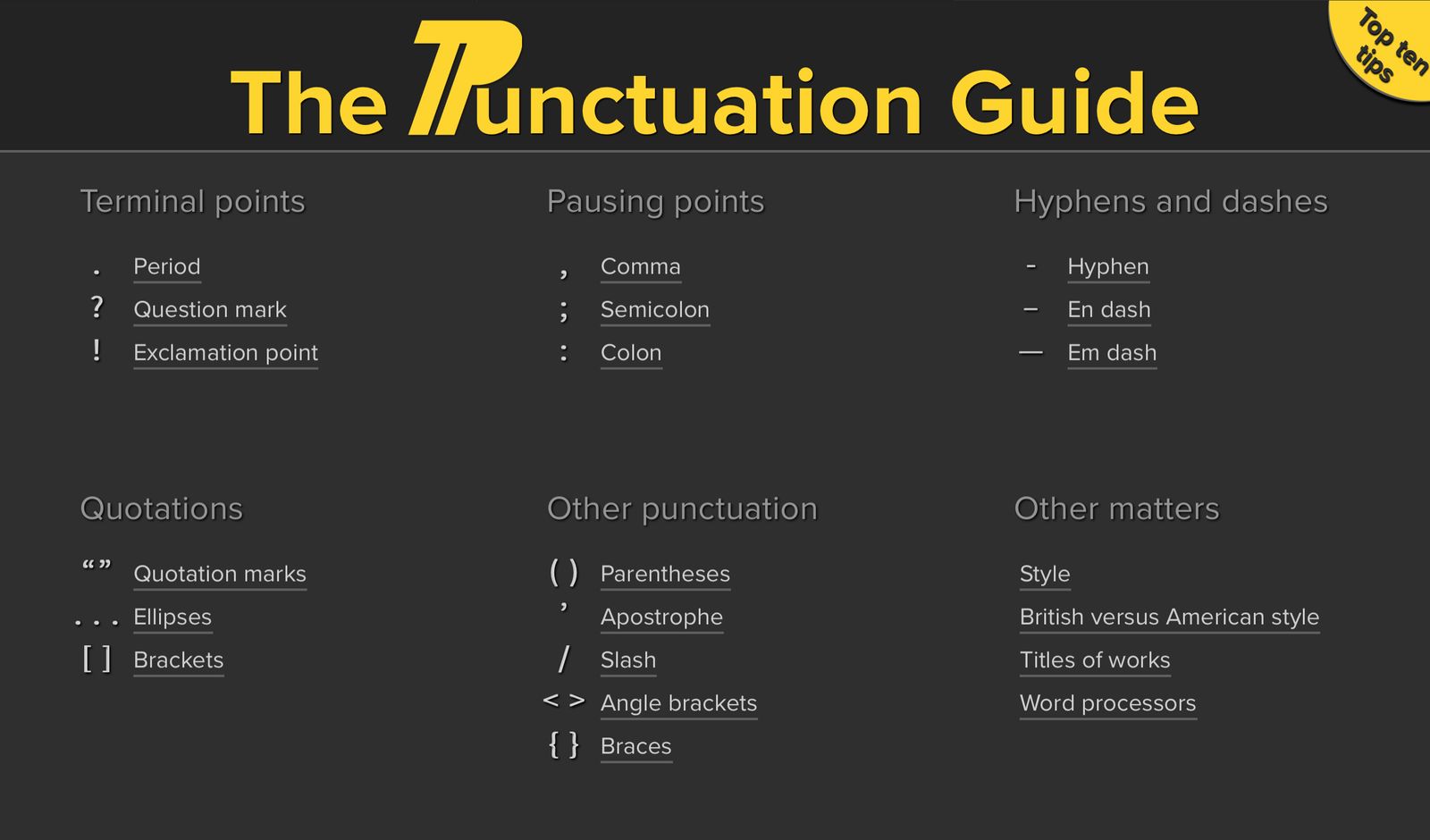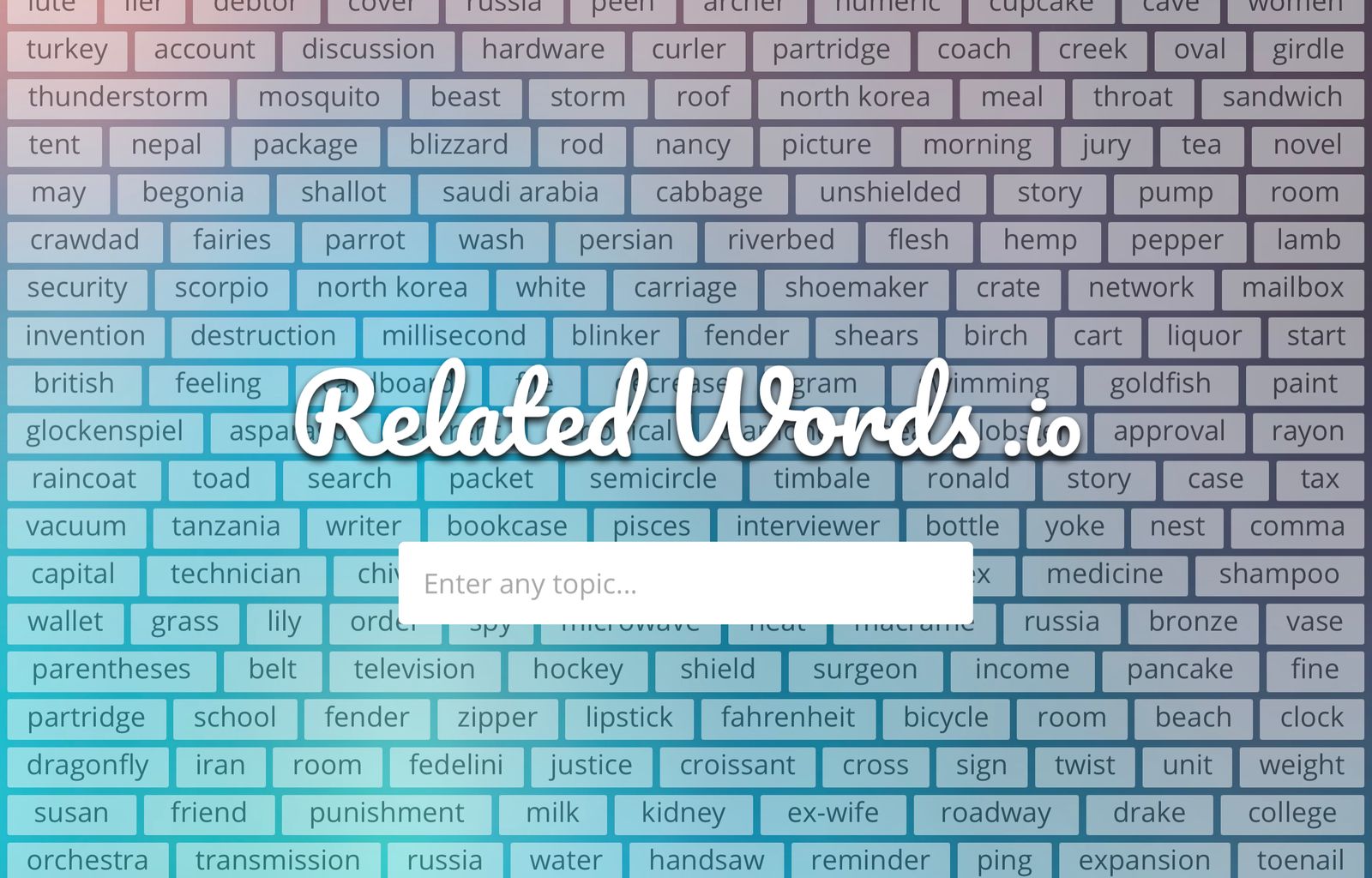This week has less of a specific theme and is more the sort of useful collection of links this newsletter aspires to be. (Well, it is at the beginning, before it devolves into books about cheese and demons, but we’ll deal with that later.)
Although I always intended to have a new essay each week, I’m always exhausted by the end of the week from teaching and working on my fiction that I always kick my non-fiction can of writing down the road.
I still plan to share something with my paying members soon. To me, it is the best thing I can do to thank you for your kindness and support.
Until then, enjoy this week’s links.
 The Punctuation Guide website
The Punctuation Guide website
For some reason, a lot of writers are terrified of punctuation—myself included. I often see us doing far too little or, in an attempt to overcorrect, do far too much.
For that reason, I shared this handy guide with my students this week. I liked that it communicates clear and specific guidelines and isn’t cluttered with endless blog posts.
As soon as I mention punctuation or grammar, there’s sure to be a mistake in my writing, so I figure it’s best to get this one out of the way.
Muphry’s law (yes, I spelled that correctly) is:
If you write anything criticizing or proofreading, there will be a fault of some kind in what you have written.
It happens to me all the time.
 relatedwords.io website
relatedwords.io website
I figure this is another useful resource to share. relatedwords.io is like an over-powered thesaurus. Simple in its design and not cluttered with ads like similar sites, this hobby project (I’m not sure who runs it) is a great way to search for that particular word.
We’ve all seen the countless ads and probably been tempted—or have bought—a subscription. (Who wouldn’t want Neil Gaiman, Margaret Atwood, or Joyce Carol Oates to teach us how to write?)
This Longread story is about one professor’s six-month journey through the most celebrity-filled learning site on the web.
This is the MasterClass formula: once a person is famous enough they acquire a charismatic glow. Their counsel is prudent, their past decisions are justified, and their jokes are funnier, too.
Of course, I’m always interested in the edges of publishing, and this list of weird and wild books seems right up my alley.
Books made of skin, blood, and cheese? Maybe not so much.
But a book like Poissons, ecrevises et crabs filled with illustrations of fish sporting bird and human-like features, or the Compendium of Demonology and Magic with the warning, “Don’t touch me” on the title page?
Absolutely.